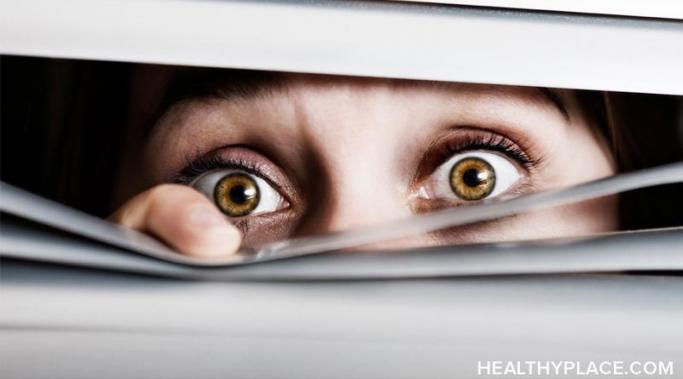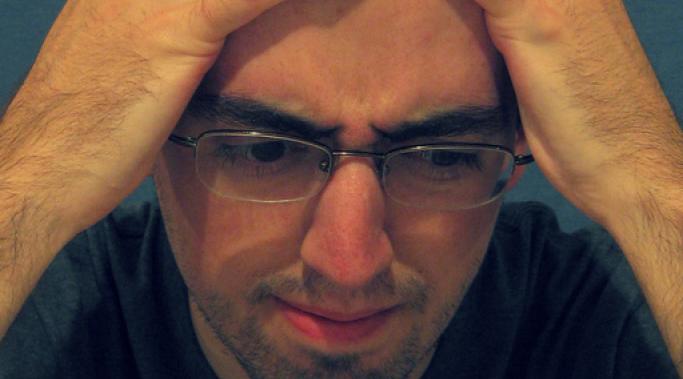Blogs
As someone with Dissociative Identity Disorder, I'm well aware of the toll living with a mental illness takes on relationships, jobs, and self-esteem. I struggle with things that come easily to many, and seemingly benign things can have a profound impact on my ability to manage the very basics of daily living. Even so, I'm incredibly fortunate.
The better you listen, the more you will know. It may sound very simple and it is. Listening takes up more of your waking hours than any other activity. Of your waking hours, 70% of them are spent communicating. Writing takes up 9%, reading 16%, talking is 30% and listening is 45% of communicating hours. THE underrated business tool is good listening.
According to Hallmark and several of those bizarre national holiday websites, January 26 is Spouses Day. This is a day meant to honor your significant other and show him or her how much you appreciate them. Some of you are probably thinking, “Isn’t that what Valentine’s Day is for?” Yes and no. While Valentine’s Day might have started off with noble and honorable intentions, it has turned into an over-commercialized holiday where you get a pat on the back for buying your spouse a box of chocolates and a mushy card. Spouses Day is all about doing something (not necessarily spending money) to show your better half you care.
It's the last week of January, and there's a whole lot of crazy goin' on. In Bob's case, particularly, he is climbing up his usual mid-winter spiral into mania. It's frustrating. Throw in some miscommunication among treatment providers and it becomes downright maddening.
Trauma and anxiety change lives. Profoundly, and at their most fundamental levels.
It seems obvious, once said. One of those things: it is what it is, right?
Anxiety: Sh## happens, then you...
Then you pick up the pieces. Then you realize life isn't something you can wear emblazoned on your chest. It isn't a war wound, or a slogan. And you don't get a medal for making it out alive.
Not when the fight is a 'normal', every day thing.
I grew up in a small town where there was no diversity of any sort, in beliefs or otherwise. And one of the things an outspoken group really didn’t like was gay people. This group lodged a major war to ensure that anything ever mentioning homosexuality was banned from my high school.
I thought these people were idiots. So I fought them. I wasn’t about to let some closed-minded, ignorant people marginalize others based on their sexuality. I went to their rallies and spoke against them. I wrote stories for our paper.
And then, sometime around age 17 I figured out I was bisexual. So I jumped into a closet for a few years.
What angers me the most is that this doesn't have to happen. But it does, and most Americans simply don't care. It is easier to believe that people like me did something wrong than it is to realize there is soul-crushing injustice in America.
It's ironic, but trying to recover has made my symptoms worse.
You really want to lose weight but you keep stocking your pantry with junk food, "for the kids." This is self-sabotage, the frustrating outcome of conflicting conscious and subconscious desires. If you have Dissociative Identity Disorder, self-sabotage is more complex. Alters have the ability to A) assume control of the mind and body, and B) exert enough influence to impact the thoughts, feelings, and behaviors of other system members. Add to that the fact that Dissociative Identity Disorder exists in part to compartmentalize conflicting perceptions and it's not surprising that many people with DID experience particularly pervasive and disruptive forms of self-sabotage.
As we heard from our guest Kellie Holly last week, verbal and emotional abuse is insidious and destructive. Once you recognize you're in an abusive relationship, what do you do about it? Shelly and Dr. Michael Marshall say putting a stop to verbal and emotional abuse is up to you.
I knew the time would come when I would be hit with the old "I want to live with my dad!" routine. Every divorced or separated parent hears it, regardless of whether or not mental illness takes a seat at their dinner table. But knowing it's coming does little to soften the inevitable blow.







